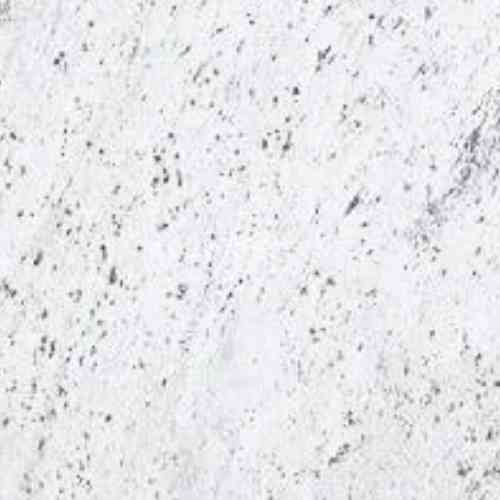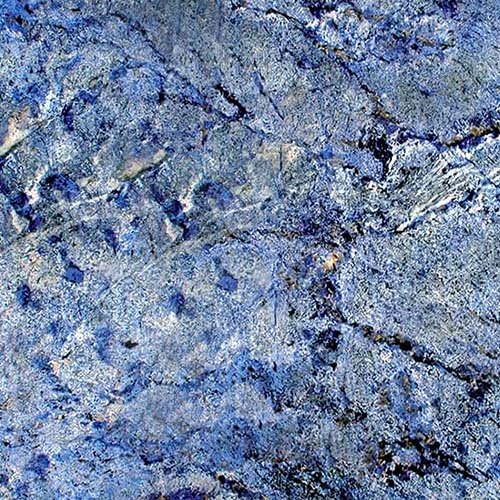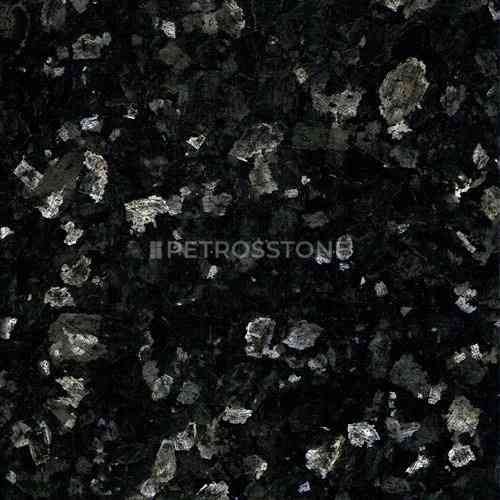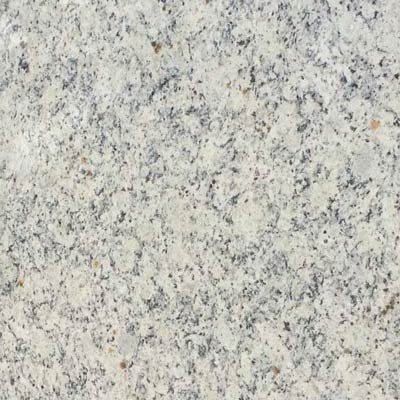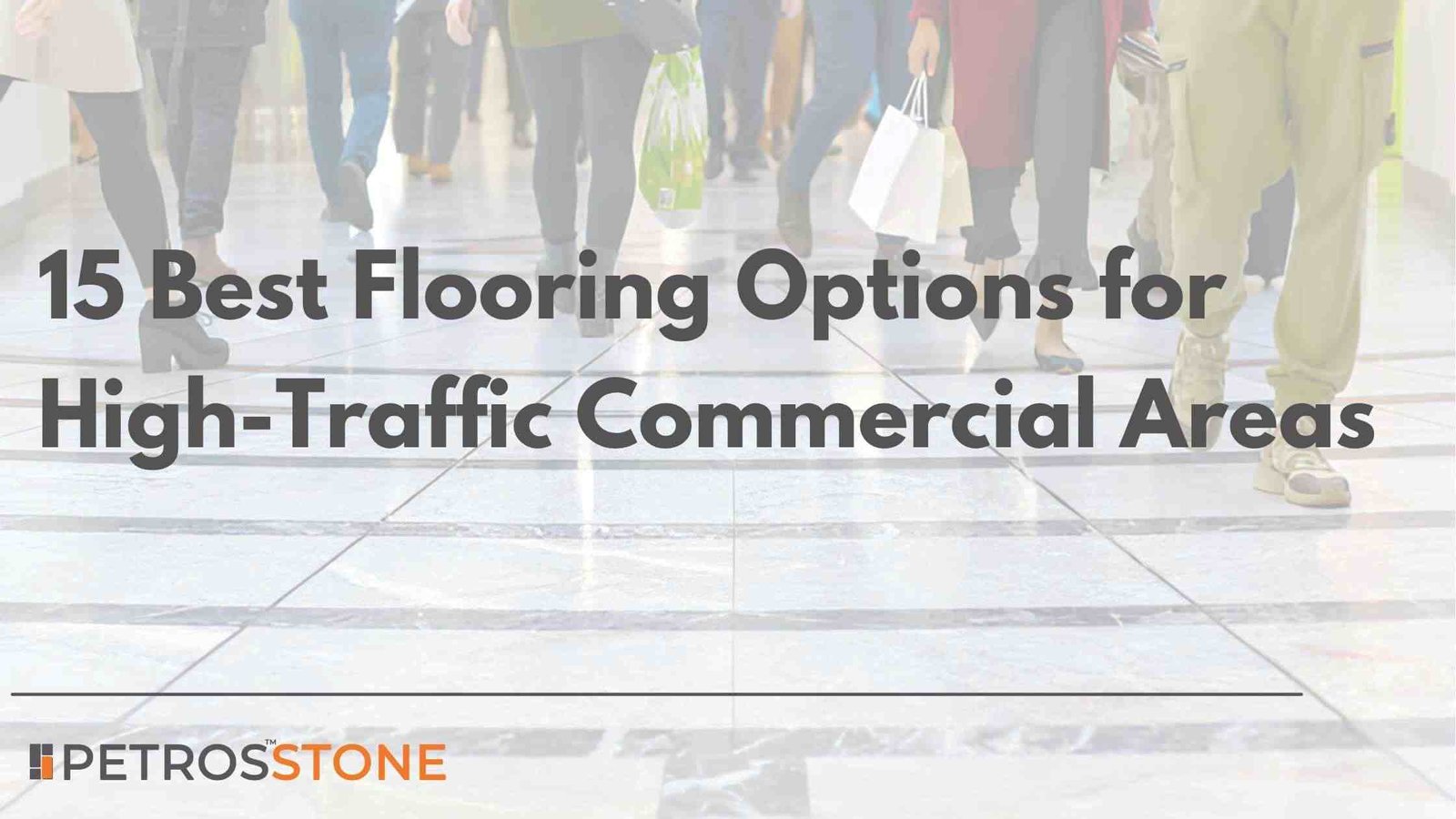
In commercial areas, whether it is a bustling shopping mall, a busy restaurant, or a corporate office, flooring isn’t just decorative; it has to handle the fray of innumerable people daily. So, if you make the wrong flooring choice, it will probably wear out quickly, it will lose its shine, and it could be a safety hazard. And how quickly it looks like it is wearing out!
But how do you select a floor that can handle the constant hustle and bustle of people moving around, while looking good and staying within your budget? In this article, you will learn about the 15 best flooring options for high-traffic commercial areas, including pricing, expert tips, and key considerations.
Here’s a list of 15 Best Flooring Options for High-Traffic Commercial Areas:
- Granite
- Marble
- Quartzite
- Quartz
- Double-Charged Vitrified Tiles
- Hardwoods
- Terrazzo
- Slate
- Porcelain Tile
- Concrete
- Vinyl
- Rubber Flooring
- Laminate Flooring (Commercial)
- Epoxy Flooring
- Engineered Wood
How Do High Volumes of Traffic Impact Your Floors
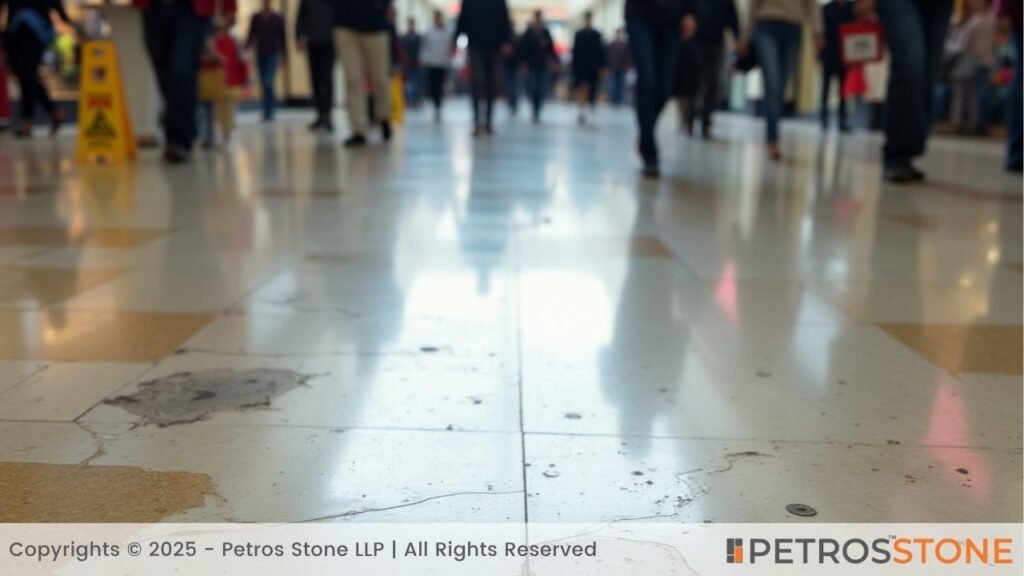
Before we get to the solutions, it is essential to understand the challenge. High volumes of traffic are just plain hard on floors. Here is how:
- Abrasive wear: Every footfall, every roll of a cart, every piece of dirt tracked in all act as sandpaper on the surface of your floor. Over time, this results in dulling, scratches, and an overall loss of luster.
- Impact damage: Dropped items, heavy equipment, and even the impact of people’s heels all lead to dents, chips, and cracks. This is especially true in floor coverings with lower durability ratings.
- Staining and spills: More people mean more opportunities for spills (coffee, food, chemicals). If your floor is not resistant, things can permanently discolor the floor.
- Hygiene issues: High traffic almost always means more dirt, dust, and germs. In short, if it is hard to clean, that surface is a perfect breeding ground for conditions of unsanitary conditions.
- Safety hazards: You are worn out, slippery surfaces, and uneven floor surfaces can be quite hazardous for slips and falls. And, these injuries potentially result, exposing you and your organization to risk.
List of Best Flooring for High-Traffic Commercial Areas
So let’s discuss the superheroes of commercial flooring material, the ones that are capable of passing this type of test and handling the buzz easily.
Granite
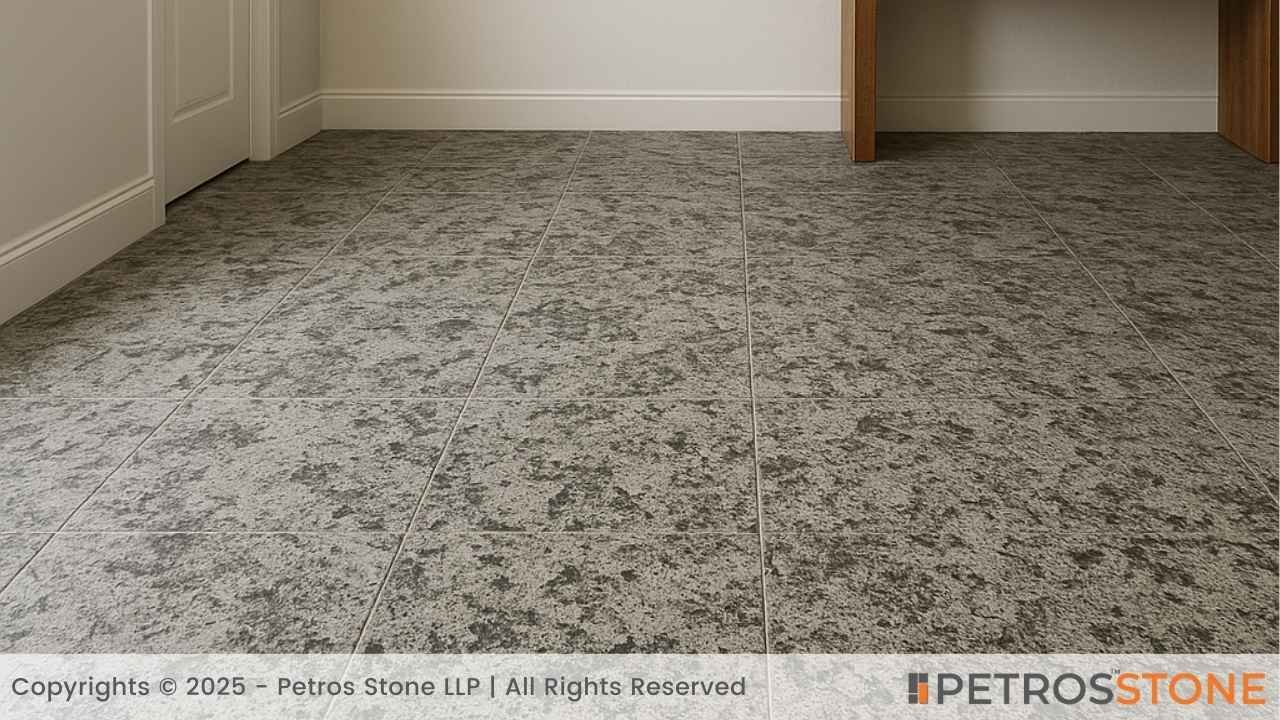
Granite! Probably the first material that comes to your mind when you think of the word ‘tough’. Granite is an igneous rock composed mainly of quartz and feldspar, and it is exceptionally hard, dense. Plus, it also does not scratch easily, absorb heat, or retain stains. You’ll usually find granite used in high-end commercial lobbies or public spaces, as it embodies luxury, and its durability will endure the grittiest commercial pressure.
Pros
- Extremely hard
- Scratch-resistant
- Heat-resistant
- Long-lasting
Cons
- Expensive
- Heavy
- Requires sealing
Marble
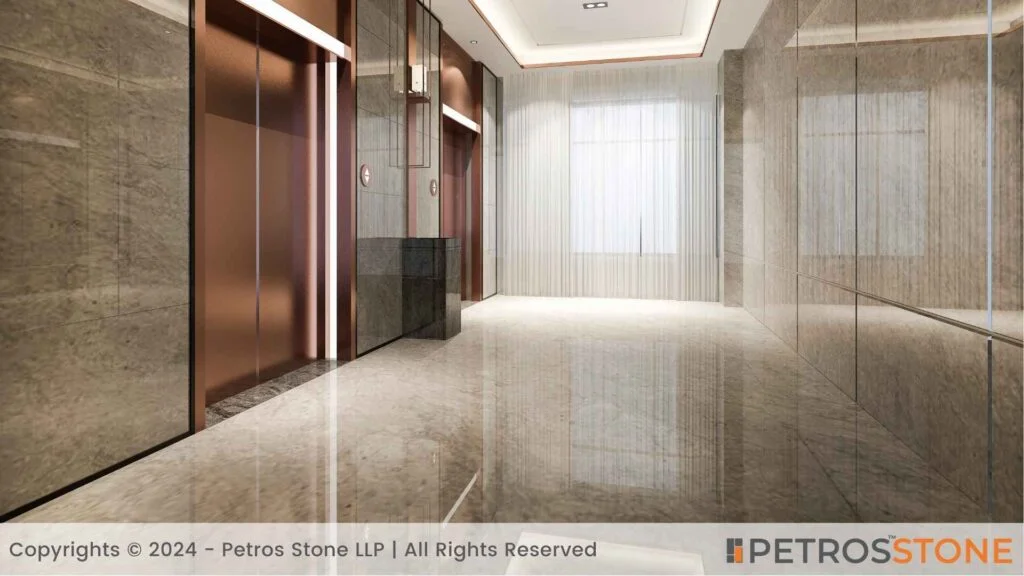
While marble is perhaps the most recognized for its luxury and beauty, it is also very durable for a lot of commercial applications when it is properly sealed and cared for. Each vein of marble slabs provides a unique, beautiful, and one-of-a-kind installation. But unfortunately, marble is a little softer than granite and can be etched by acidic cleaners, so it can potentially be more susceptible to damage in busy areas.
Pros
- Elegant look
- Timeless appeal
- Heat-resistant
Cons
- High maintenance
- Prone to staining
- Can scratch easily
Quartzite
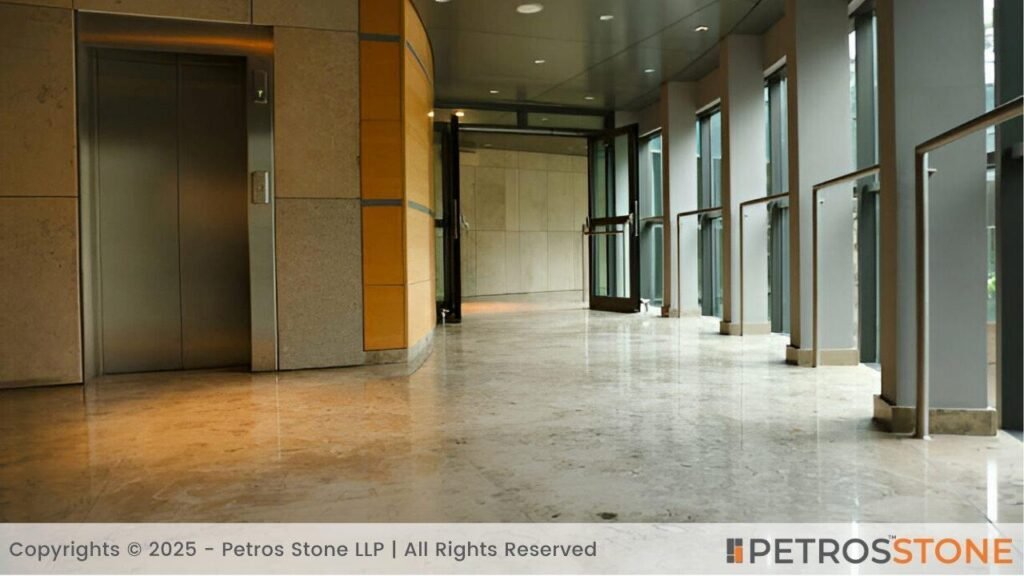
Quartzite is like the slightly more sophisticated cousin of granite. Basically, it is a metamorphic rock, which can sometimes be harder than granite; it can look similar to a beautiful marble but without the liability of possible damage from etching. So if you want something really durable and very beautiful, quartzite is a great option.
Pros
- Very durable
- Stain-resistant
- Heat-resistant
Cons
- Limited color range
- Needs sealing
- Can be costly
Quartz
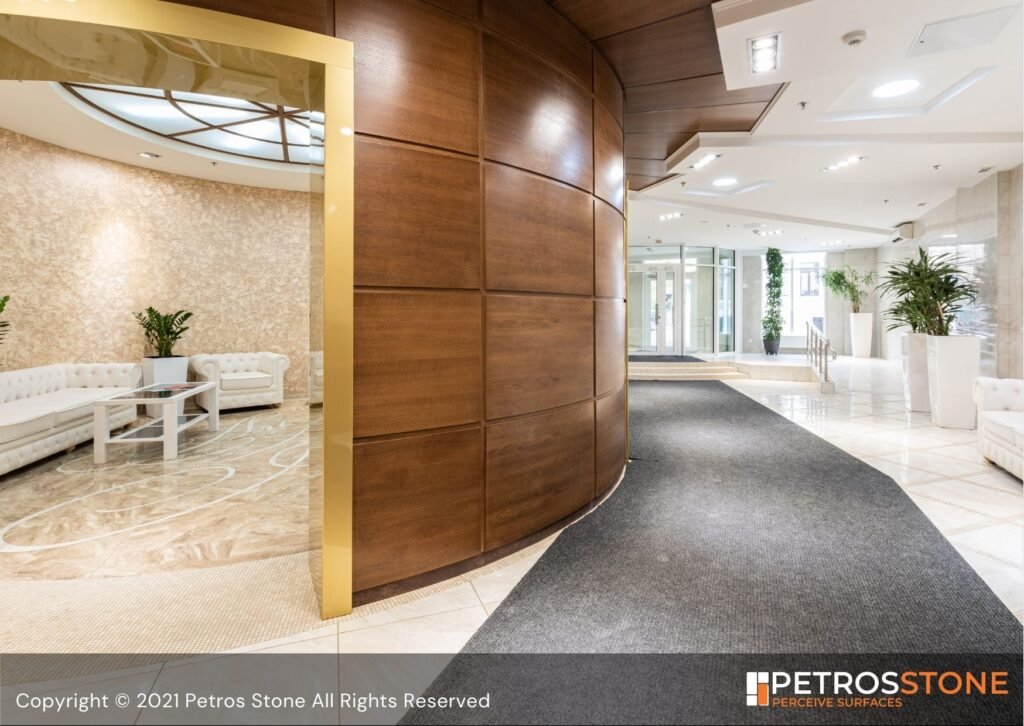
No, not the natural stone quartzite! This is an engineered material composed of crushed quartz crystals mixed with resins. Quartz flooring (usually in slab or tiles) is incredibly hard and is non-porous, available in a wide range of consistent colors and patterns. It is a shiny, low-maintenance modern winner.
Pros
- Non-porous
- Uniform look
- Low maintenance
Cons
- Not heat-proof
- Can chip
- Less natural look
Double-Charged Vitrified Tiles
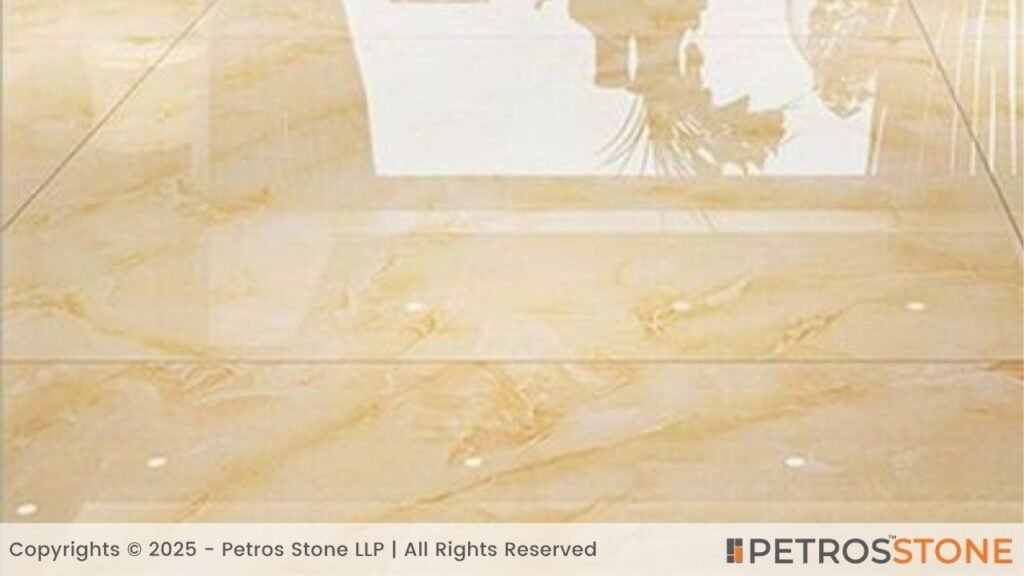
These ceramic tiles are made with a special process where two layers of pigment are fused. It makes them extremely durable with excellent wear characteristics. They are a great, economical replacement for natural stone, offering aesthetics and durability.
Pros
- Highly durable
- Low maintenance
- Fade-resistant
Cons
- Limited design variety
- Cold underfoot
- Can be slippery
Hardwood
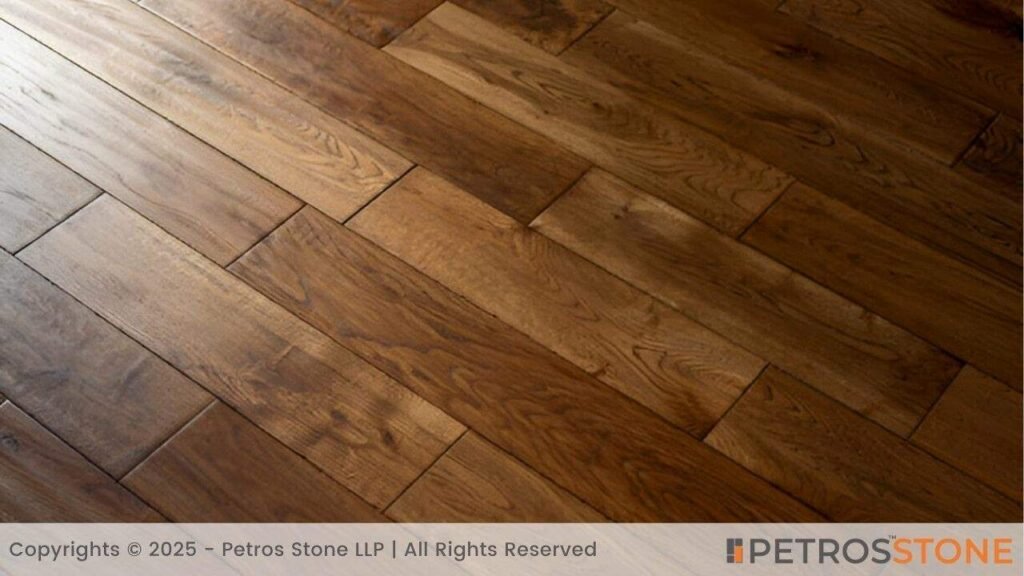
“Wait, hardwood in high-traffic commercial spaces?” you might say. But yes, with a caveat! We are taking the hardest species, Oak, Maple, Hickory, but more importantly, they are carrying commercial-grade finishes and can be unbelievably durable. And, one of the greatest elements hardwood offers is its warmth and timeless aesthetics.
Pros
- Warm appearance
- Adds value
- Long lifespan
Cons
- Prone to scratches
- Sensitive to moisture
- Requires refinishing
Terrazzo
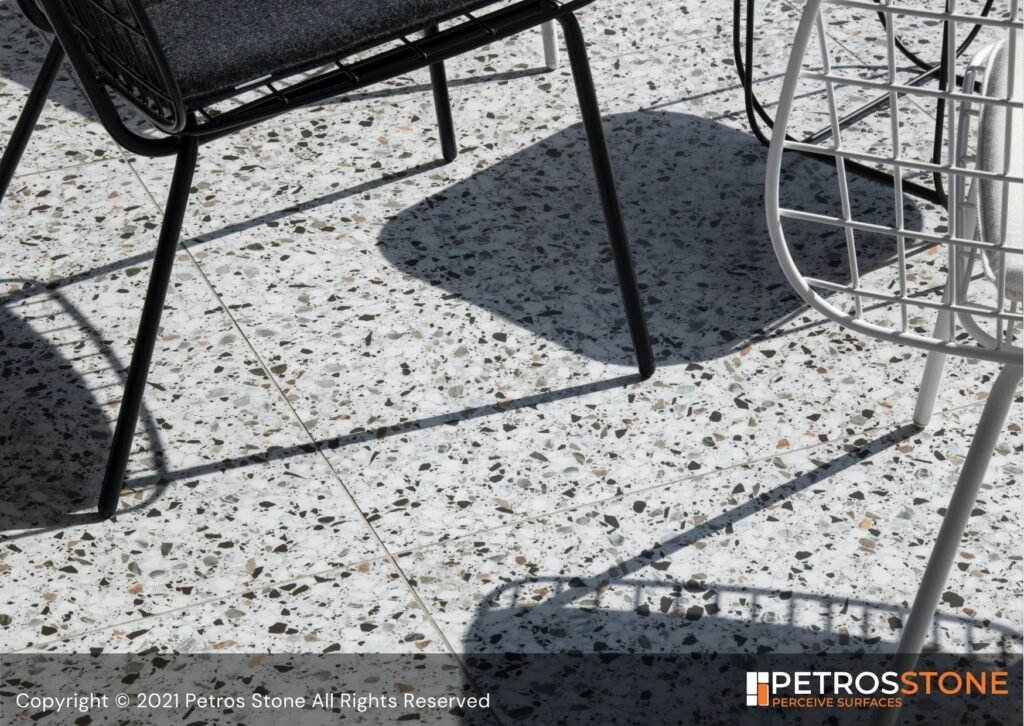
Every bit of the floor surface is just as an art form! Terrazzo is made by combining chips of marble, quartz, granite, glass, or other suitable aggregate with a binder (either cementitious or polymeric), and then grinding and polishing the surface. It is a very durable surface and can take on just about any design you can think of. Plus, Terrazzo is great for larger areas where heavy traffic may affect other flooring surfaces.
Pros
- Long-lasting
- Customizable designs
- Eco-friendly
Cons
- Expensive
- Cold surface
- Slippery when wet
Slate
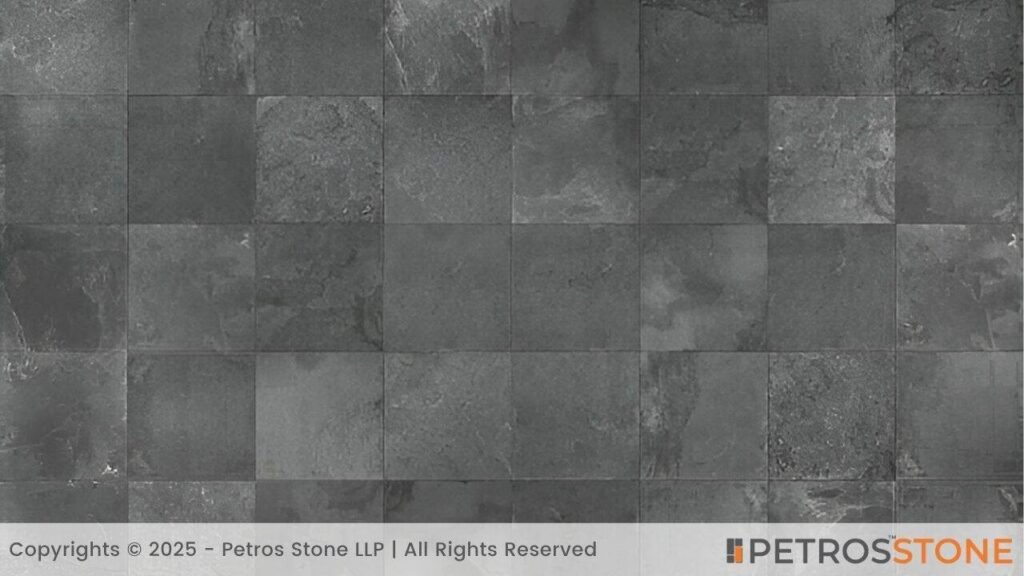
It is a beautiful as well as fine-grained metamorphic rock that provides a naturally slip-resistant surface even when it gets wet. Generally, Slate is extremely durable, highly resistant to scratches, and comes in deep, earthy tones. It is ideal for areas like entryways and places where you want improved slip resistance.
Pros
- Slip-resistant
- Durable
- Natural look
Cons
- Brittle edges
- Limited color options
- Can be uneven
Porcelain Tile
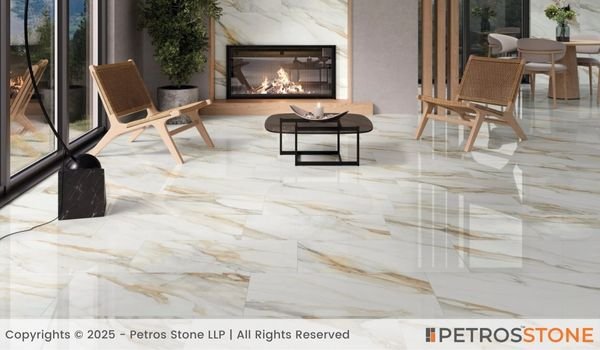
Porcelain tile is the workhorse of commercial flooring! Porcelain tile is made from dense clay fired at a higher temperature than ceramic tile. Therefore, these tiles are very hard, impermeable to water, and extremely durable. There are endless options in terms of sizes, colors, and patterns in porcelain tiles. And the best thing is that they can even look like everything from wood to natural stone.
Pros
- Scratch-resistant
- Waterproof
- Durable
Cons
- Heavy
- Hard underfoot
- Cold surface
Concrete
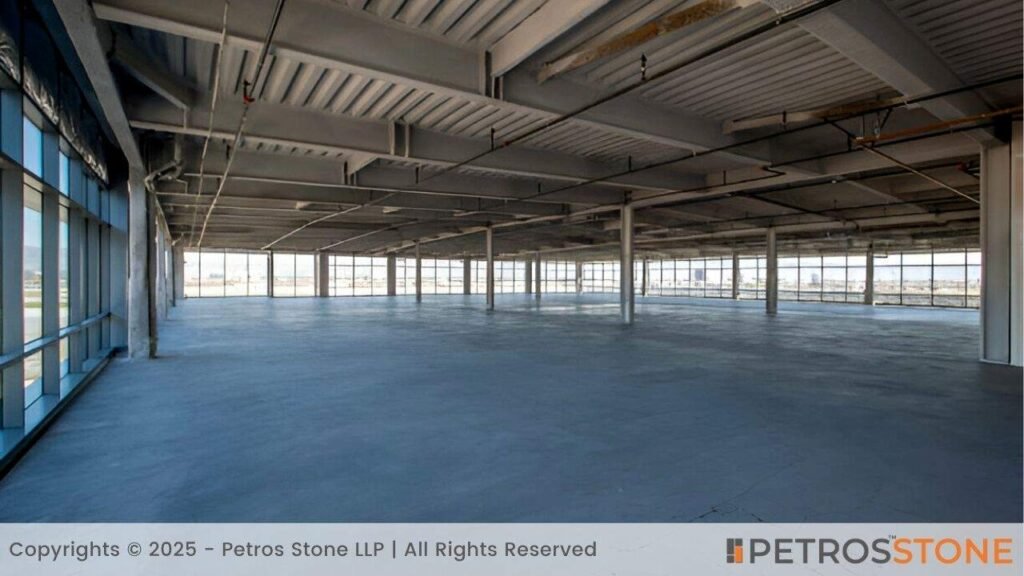
Don’t underestimate the rawness of the concrete flooring! Polished concrete floors have gained legitimacy in commercial design. Concrete floors are incredibly durable, low-maintenance, and can be stained/dressed/acid-etched for even more custom-tailored and unique designs using a range of industrial materials. And, they can also end up being very cost-effective in the long run.
Pros
- Extremely durable
- Low maintenance
- Modern look
Cons
- Hard underfoot
- Cold surface
- Can crack easily
Vinyl
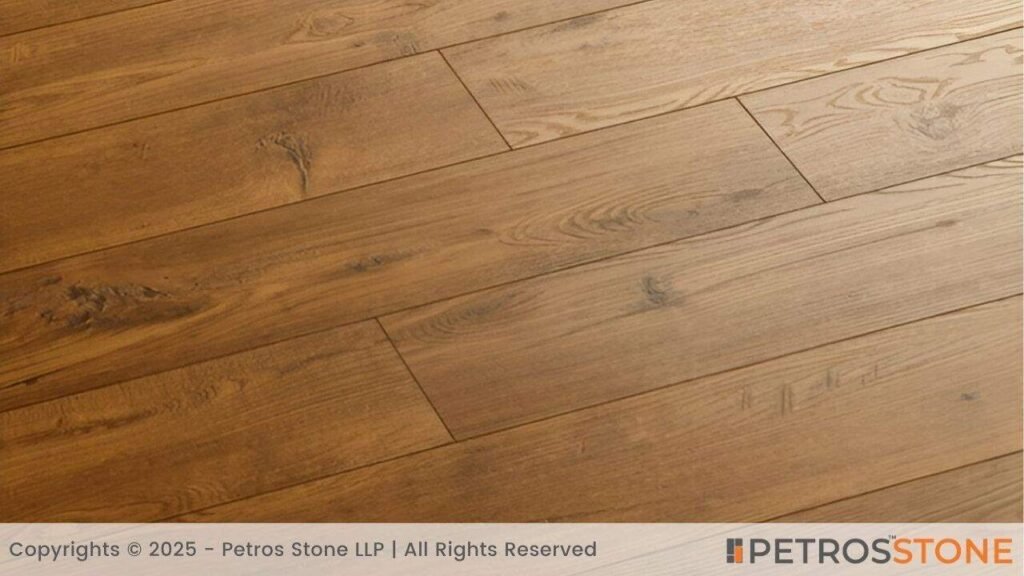
Vinyl has changed a lot nowadays. New commercial-grade vinyl is pretty tough and waterproof. Luxury Vinyl Tile (LVT) and Luxury Vinyl Plank (LVP) vinyl can look incredibly realistic (wood, stone, etc.). And, sheet vinyl is great for health care facilities since it is hygienic and seamless. It feels good underfoot and is fairly easy to maintain.
Pros
- Affordable
- Easy to clean
- Wide variety
Cons
- Can fade
- Prone to dents
- Not as durable as stone
Rubber Flooring
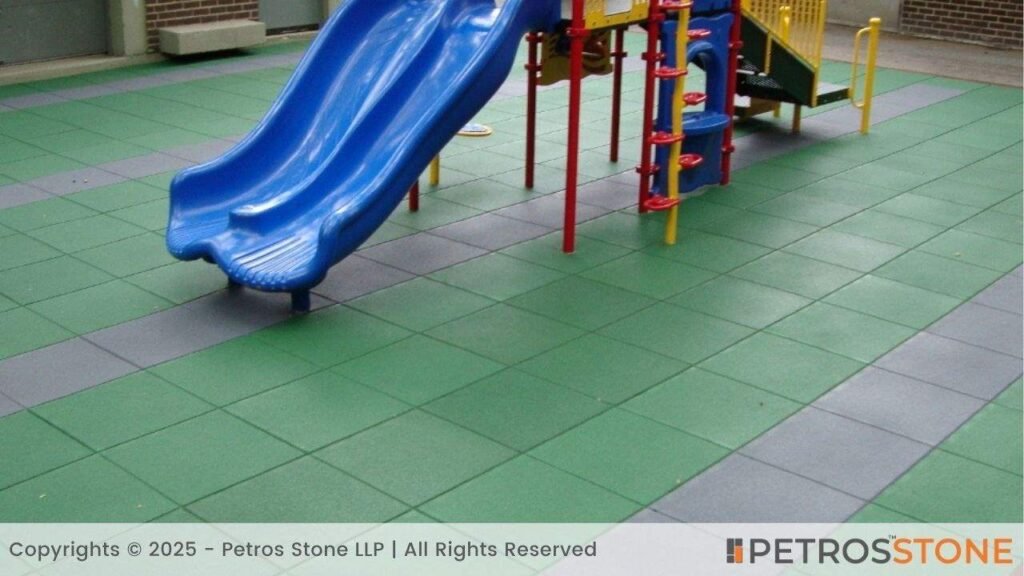
In any instance where extreme comfort, sound absorption, and slip-resistance are a concern, rubber flooring is a clear choice. Just think about gyms, healthcare facilities, playgrounds, and retail spaces when employees are going to be on their feet all day. And, when used outside of the home, it is extraordinarily resilient and durable.
Pros
- Slip-resistant
- Soft underfoot
- Durable
Cons
- Limited styles
- Can discolor
- Odor when new
Laminate Flooring (Commercial)
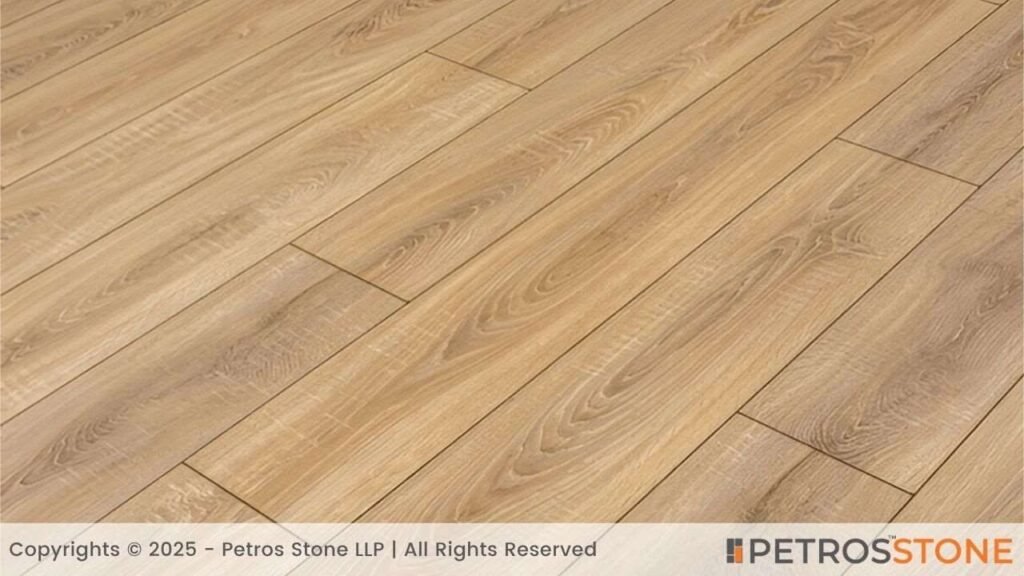
While residential laminate might be good enough, “commercial grade” laminate has a higher AC (Abrasion Class) rating and is rated to be much better than the other option. Commercial Laminate can be a very durable option with resistance to wear, impact and scratches. It is a good inexpensive option to mimic the look of wood or tile.
Pros
- Affordable
- Easy to install
- Variety of styles
Cons
- Not waterproof
- Can chip
- Less durable than stone
Epoxy Flooring
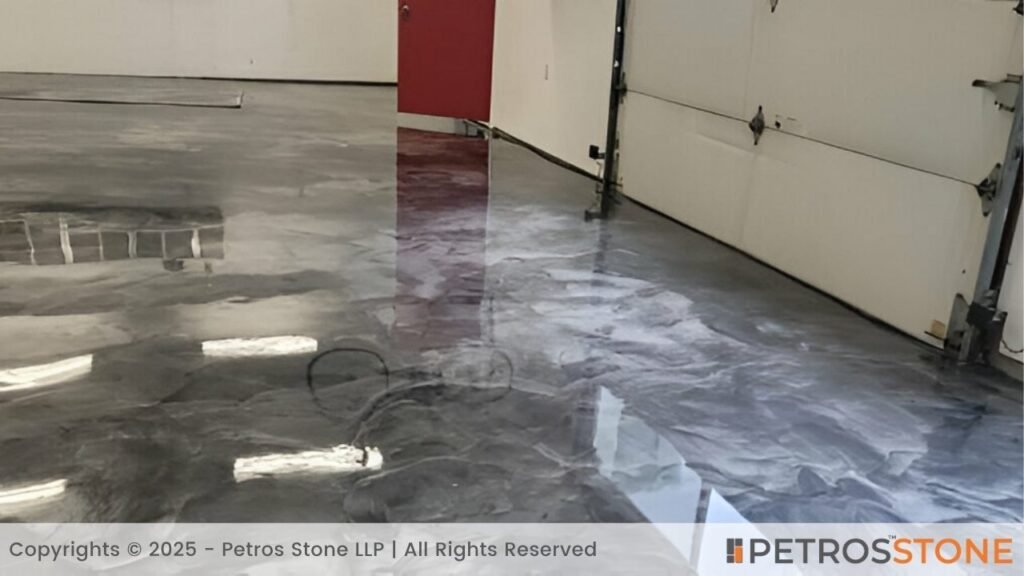
This is less a “flooring material” than a “flooring system.” A resinous coating of epoxy, applied over concrete, really creates a seamless, highly durable, chemical-resistant, and easy-to-clean floor. And, this makes it a great option for industrial, warehouse, commercial kitchens, and a few retail spaces wanting a modern, minimalistic appeal.
Pros
- Seamless
- Very durable
- Easy to clean
Cons
- Slippery when wet
- Can yellow over time
- Requires professional installation
Engineered Wood
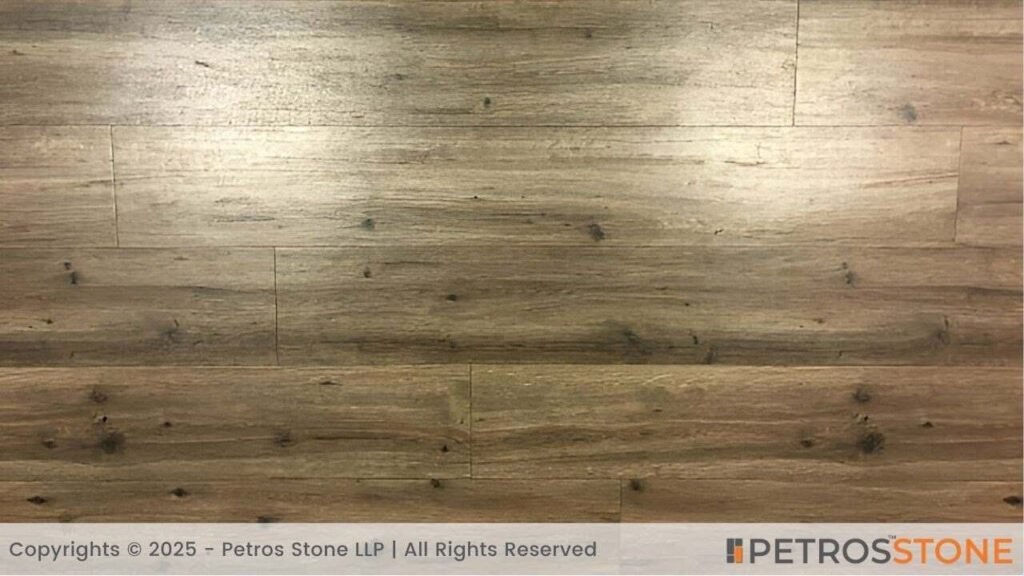
Similar to hardwood, except engineered wood is constructed with real wood on a multi-ply core. Therefore, it is more dimensionally stable than solid hardwood and much less likely to expand and contract with changes in humidity. If it has a durable top layer (finish) and the finish is commercial grade, engineered wood can be an attractive opportunity for anyone looking for the warmth and benefits of real wood without the challenges of installing solid wood.
Pros
- Moisture-resistant
- Stable structure
- Real wood look
Cons
- Limited refinishing
- Sensitive to scratches
- Costly compared to laminate
Price List of Best Flooring for Commercial Areas
Please remember, these are ballpark figures per square foot and can vary wildly based on quality, brand, installation complexity, location, and market conditions. So, always get multiple quotes from local suppliers and installers.
| Material | Approx. Price per sq. ft. |
| Granite | USD 10 – 30 |
| Marble | USD 12 – 40 |
| Quartzite | USD 15 – 45 |
| Quartz | USD 20 – 50 |
| Double-Charged Vitrified Tiles | USD 4 – 8 |
| Hardwood | USD 10 – 25 |
| Terrazzo | USD 15 – 30 |
| Slate | USD 8 – 20 |
| Porcelain Tile | USD 5 – 12 |
| Concrete | USD 3 – 10 |
| Vinyl | USD 2 – 6 |
| Rubber Flooring | USD 3 – 8 |
| Laminate (Commercial) | USD 2 – 5 |
| Epoxy Flooring | USD 4 – 8 |
| Engineered Wood | USD 6 – 15 |
Key Considerations When Choosing High-Traffic Flooring
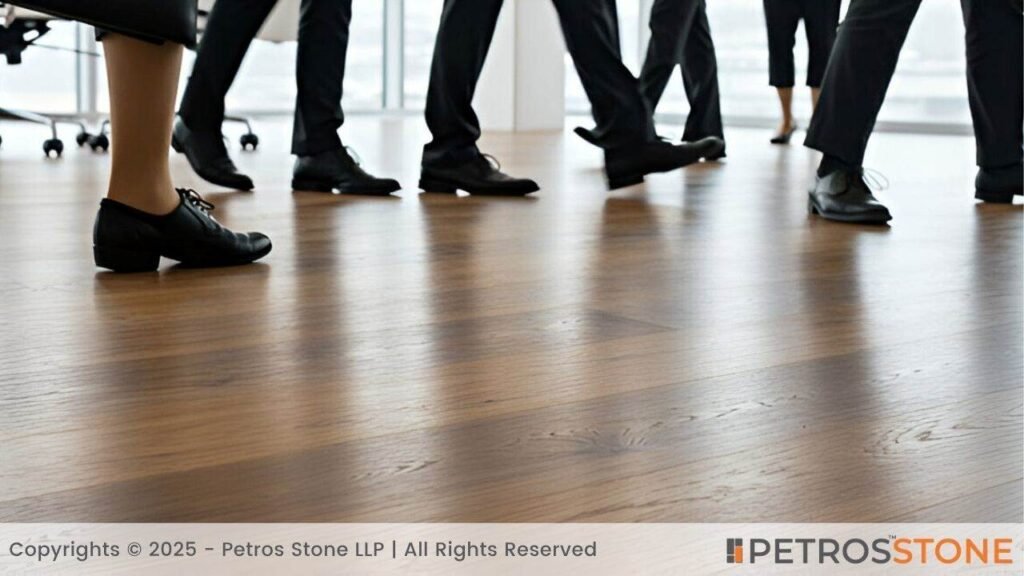
Selecting the right flooring is not just about design. It is a business decision that relates to how potential will affect your profitability, safety, and reputation. Here are the other considerations:
- Durability and Hardness: This is the most important. You need flooring material that will not scratch, dent, or wear from all the activity that you will see. You should look at products that have high wear ratings and intrinsic hardness.
- Slip Resistance: Safety first! If you work in a wet environment or an environment known for spills, you must look for slip-resistant flooring. Slip-resistant flooring protects you and your business from liability. So, you must look for textured surfaces to achieve slip resistance! Also, look for a flooring material that has a high Static Coefficient of Friction (SCOF), which is the most suitable for a work environment.
- Maintenance Requirements: No more spending! Do you want to easily sweep and mop the flooring material? Or, would you be alright with deep cleaning and periodic sealing? Low-maintenance flooring will save your business money in time and costs for cleaning and maintenance.
- Cost and Budget: This isn’t just the initial purchase cost. Look at the costs of installation, the cost of maintenance, and the lifespan expectancy of flooring. Sometimes you might spend more initially in order for a more durable product to ultimately save you money, as you won’t have to replace the product frequently.
- Aesthetics and Brand Image: Your floor contributes a lot to the overall atmosphere of your business. Does it fit your brand style? Is it giving customers the right impression? A retail store might want a different vibe compared to a medical clinic.
- Installation Time and Process: Will your business be able to withstand extended downtime for installation? Well, certain flooring types will take longer, while some can be done quickly and with less disruption. So, you must check whether you are going to need a specialty installer for certain materials or not and decide accordingly.
Materials to Avoid for High-Traffic Areas
Knowing what to use is just as important as knowing what not to use. To put, the following materials are not designed to deal with the hard wear of heavy commercial traffic:
- Softwood Flooring: Yes, it is beautiful in a cozy, warm home. Softwoods like pine or fir will dent, scratch, and wear out very quickly in a commercial use application. They simply cannot take the abuse.
- Low-quality Ceramic Tiles: Not all ceramic tiles are created equal. Cheap low-density ceramic tiles can quickly chip, crack, and show surface wear in a high-traffic space. And, for a commercial application, always choose porcelain or high-quality vitrified ceramic.
- Natural Stones with Low Hardness (like limestone): Soft, natural stones like limestone, travertine, or even some marbles are wonderfully beautiful but can also be scratched, can be etched by acids, and can wear significantly under heavy foot traffic. For these reasons, soft stone requires a higher level of care and should only be used in low-to-medium traffic spaces.
- Unsealed or Untreated Wood: Any wood, even a hardwood, that is not properly sealed and treated with a commercial-grade finish can quickly degrade, stain, and become difficult to maintain in a high-traffic space. Don’t forget the fact that protecting the wood is critical!
Where to Buy?
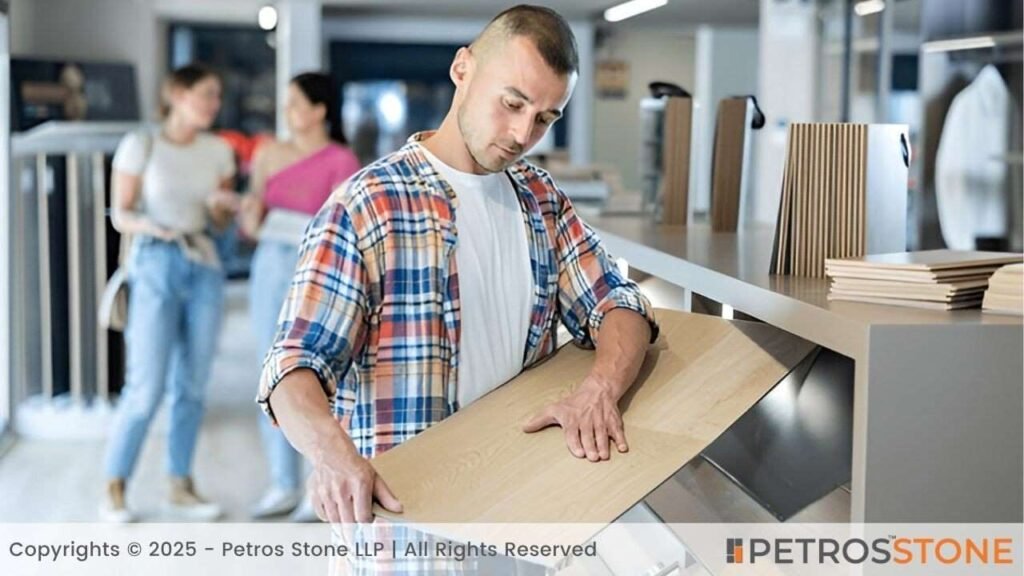
So, you have now got your eye on the perfect flooring. But where can you go from here to buy these tiles? Here are the options:
- Local Commercial Flooring Suppliers
- Direct from Manufacturers
- Architectural & Design Firms
- Online Commercial Building Material Marketplaces
And if these are not accessible from your place, you can also import these tiles from India and the USA.
For those looking for trusted quality and expert guidance, Petros® Stone LLP is a leading manufacturer and exporter of commercial flooring solutions. You’ll get a wide range of granite, marble, quartz, and vitrified tiles and end-to-end support from material selection to logistics.
FAQs
What is the best type of commercial flooring for high-traffic areas?
There is no specifically “best” type because it depends on your wants and needs, budget, and the look you want to give to your space. As far as durability and performance in high-traffic areas, Porcelain Tile, Double-Charged Vitrified Tiles, Polished Concrete, Commercial-Grade Vinyl (LVT/LVP), and Terrazzo are the strongest contenders.
Which type of flooring material is the most durable in high-traffic areas?
When hard-wearing durability is concerned, Granite, Quartzite, and Terrazzo are “top ones”. Epoxy flooring is also very durable in terms of chemicals and heavy machinery.
What is the best material to use for commercial flooring?
Once again, it is about the best fit, but if we are talking best in terms of a versatile, very durable, and cost-effective material in a vast range of commercial applications, both Porcelain Tile and Commercial-Grade Vinyl (LVT/LVP) are hard to beat.
When should commercial flooring be replaced?
When to replace any floor system is highly variable depending on material, traffic, and maintenance level.
- Commonly used materials, like granite, terrazzo, polished concrete, and porcelain tile will last 20-50 years or longer and in many instances permanently, with proper care.
- Commercial vinyl and engineered wood flooring should last 10-25 years.
- Commercial laminate should last 5-15 years.
- If your floor has gone through physical damage, showing extreme wear, becoming irreparable, or becoming a safety hazard, it is then time to replace the floor because of a variety of reasons, not because of age.
Is marble ok for high-traffic commercial spaces?
Yes, marble may be used in high-traffic commercial areas; however, it does require more maintenance than harder stones, such as granite or quartzite. It can scratch and etch when exposed to acidic spills. If you want to use marble, make sure it is a hard marble, well-sealed, and has a proper maintenance plan. For extreme traffic levels, other flooring may be more appropriate.
Summary
In high-traffic commercial spaces, flooring isn’t just about aesthetics—it plays a crucial role in functionality, safety, and long-term value. This article emphasizes that choosing the wrong material can lead to rapid wear, costly maintenance, and potential safety hazards. It advocates for selecting flooring based on a balance of durability, maintenance needs, slip resistance, and budget—not just appearance. From luxurious granite to budget-smart vinyl, each option serves different needs, but the ultimate goal is the same: to invest in a flooring solution that can endure constant footfall while still reflecting the professionalism and character of the space.
Key Takeaways
- Top-performing materials include Granite, Quartzite, Porcelain Tiles, Epoxy Flooring, and Terrazzo for their durability, resistance, and longevity.
- Budget-friendly and versatile options like Vinyl, Double-Charged Vitrified Tiles, and Commercial Laminate offer ease of installation and maintenance.
- Key decision factors should include slip resistance, cost of ownership (not just purchase price), durability ratings, and aesthetic compatibility with your brand image.
- Avoid materials like softwood, untreated wood, and low-grade ceramic tiles in high-traffic areas, as they wear out quickly.
- For long-term performance, ensure professional installation, regular maintenance, and proper sealing where needed, especially for natural stones like marble.
Feel free to get in touch for a free consultation, quote, and get a detailed understanding from our experts here at Petros®. Visit https://petrosstone.com/ or call +91-8446360361 and WhatsApp

Hello!
I’m Varsha, with a deep interest in architecture and years of content writing experience, I explore how natural stones like granite and marble shape beautiful, functional spaces. At Petros® Stone, I share insights that help readers appreciate the design potential and timeless appeal of stone.
Brown Granite
White Galaxy Granite
Blue Bahia Granite
Silver Cloud Granite
Black Pearl Granite
Dallas White Granite



